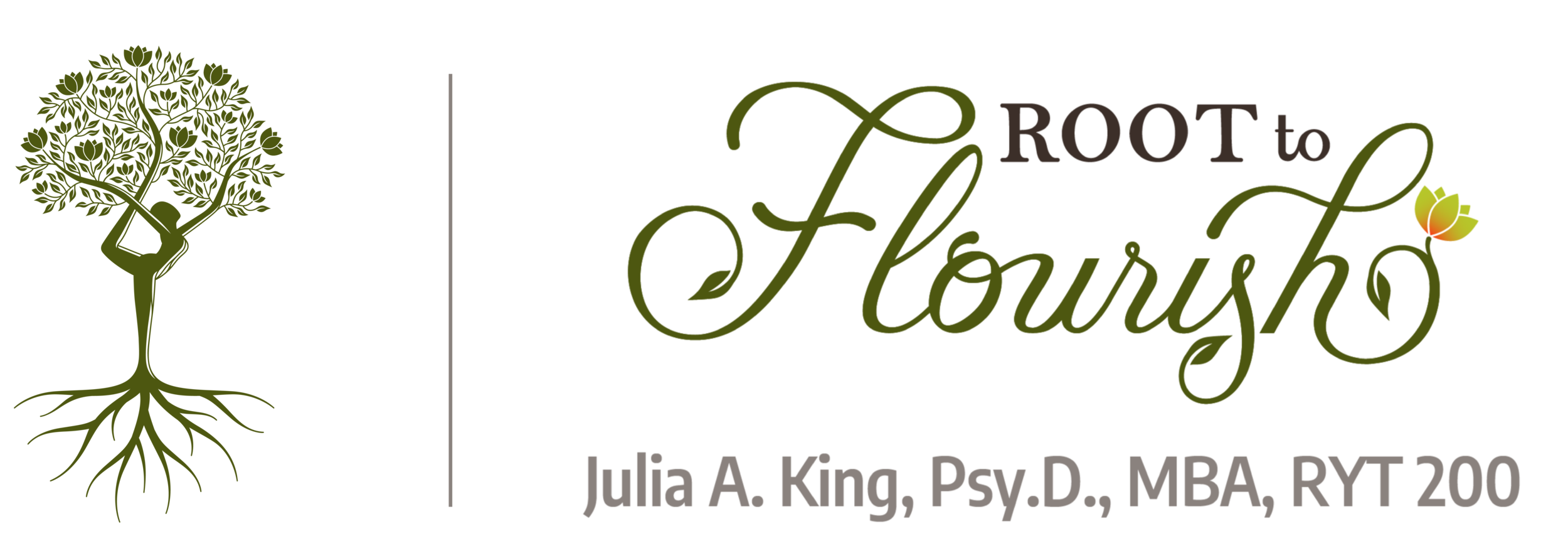Finding Meaning in Regret
This month, in a two-part series, we’re exploring regret. Regret is a powerful emotion to facilitate change. In looking back, we have the opportunity to learn from our mistakes and create more meaningful lives. This is Part 2 of 2: If you missed the first installment, it’s helpful to start there; you can find it here. Let’s continue this discussion by exploring the deep structure of regret, and how we can process our regrets to find meaning in our mistakes.
Daniel Pink, a leading researcher on the study of regret and the author of The Power of Regret: How Looking Backward Moves Us Forward, has discovered a deep structure of regret, comprised of four main categories of regret:
Foundation regrets - stemming from a failure to be responsible or to put in the work to create stability in your life
Boldness regrets - failing to take action, resulting in a missed opportunity for growth, or for experiencing a “more than ordinary life”
Moral regrets - making choices that, upon reflection, make you question your own goodness
Connection regrets - having made decisions that resulted in fractured or unrealized relationships
It’s interesting to note that Pink’s research suggests that we are “much more likely to regret the chances we didn’t take rather than the chances we did.
Now, take an inventory. Make a list of your regrets and identify into which categories they fall. And, determine whether your regrets relate more to a) regretting things you did, or, rather, b) actions you failed to take.
For the regrets that relate to actions you took or things you did:
Can you do something about it now? Can you apologize or make amends? Can you change your mind? Can you repair the mistake? If so … own up to it, and take action.
But, if you can’t, examine the regret, and explore the possibility of reframing it with an “At Least.”
For the situations you regret because of your inaction:
These are trickier: because you can’t go back and make a different choice, and you have no way of actually knowing what would have happened if you’d taken action.
First, disengage from counterfactual thinking. (Remember, this is almost magical thinking that allows us to create stories with events that run counter to the actual facts, and allow us to imagine what might have been.) Target “If Only” thoughts for particular attention, as you are not served by imagining the amazingly positive things you’re certain would have happened if you had only done x, y, or z.
Second, respond with self-compassion. Speak kindly to yourself. Respond to yourself as you would a dear friend who came to you with this story. Recognize that you are only human, and that all humans make mistakes.
Kristen Neff’s work on self-compassion clearly suggests that people who respond with self-compassion, rather than self-criticism, are more likely to change their behavior in future.
And, consider that you may be looking back on this event with the knowledge and experience you have now, which you may not have had at the time. Can you have compassion for your earlier, younger self, and take into context why they may have done what they did at the time, although you would do something differently now?
And, third, what lessons can you learn from this experience? What can you identify that went wrong, how you could have responded differently, and most importantly, how you can apply that knowledge going forward?
For any regret:
Daniel Pink offers a three-step process - of Disclosure, Compassion, and Distance - that may also be helpful. In ‘The Power of Regret,’ he writes:
“After self-disclosure relieves the burden of carrying a regret, and self-compassion reframes the regret as a human imperfection rather than an incapacitating flaw, self-distancing helps you analyze and strategize - to examine the regret dispassionately without shame or rancor and to extract from it a lesson that can guide your future behavior.”
While regret can be an extremely uncomfortable emotion, for those of us willing to confront it and explore it, rather than simply hiding from it and feeling bad about it, regret can also be a transformative power for change in the creation of a meaningful life.
If you’re interested in exploring this concept with a novel, perhaps check out The Midnight Library (although I will offer a trigger warning for content related to suicide, mental health struggles, and grief and loss).
If this message resonates, and you want more - and are devastated by the idea of missing a newsletter! - subscribe!

